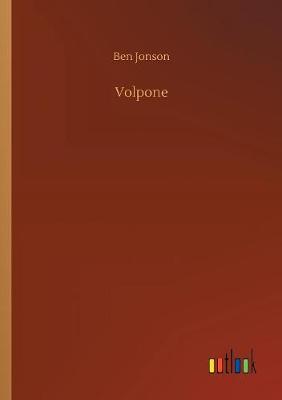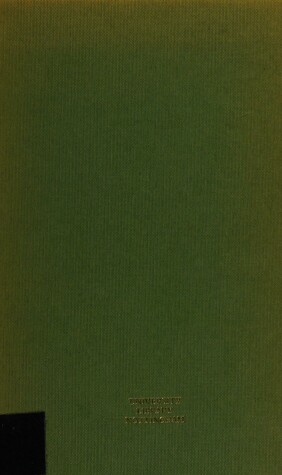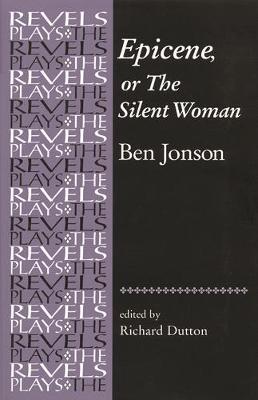The Revels Plays
9 total works
Dutton also considers the play in relation to the religious tensions of the era, as well as the masques which Jonson had recently written for Queen Anne and her ladies, and the newly-recovered "Entertainment at Britain's Burse" (reproduced here as an appendix), which had been staged earlier in 1609. This challengingly historicized text of "Epicene" should be of use to all serious students of early modern drama.






